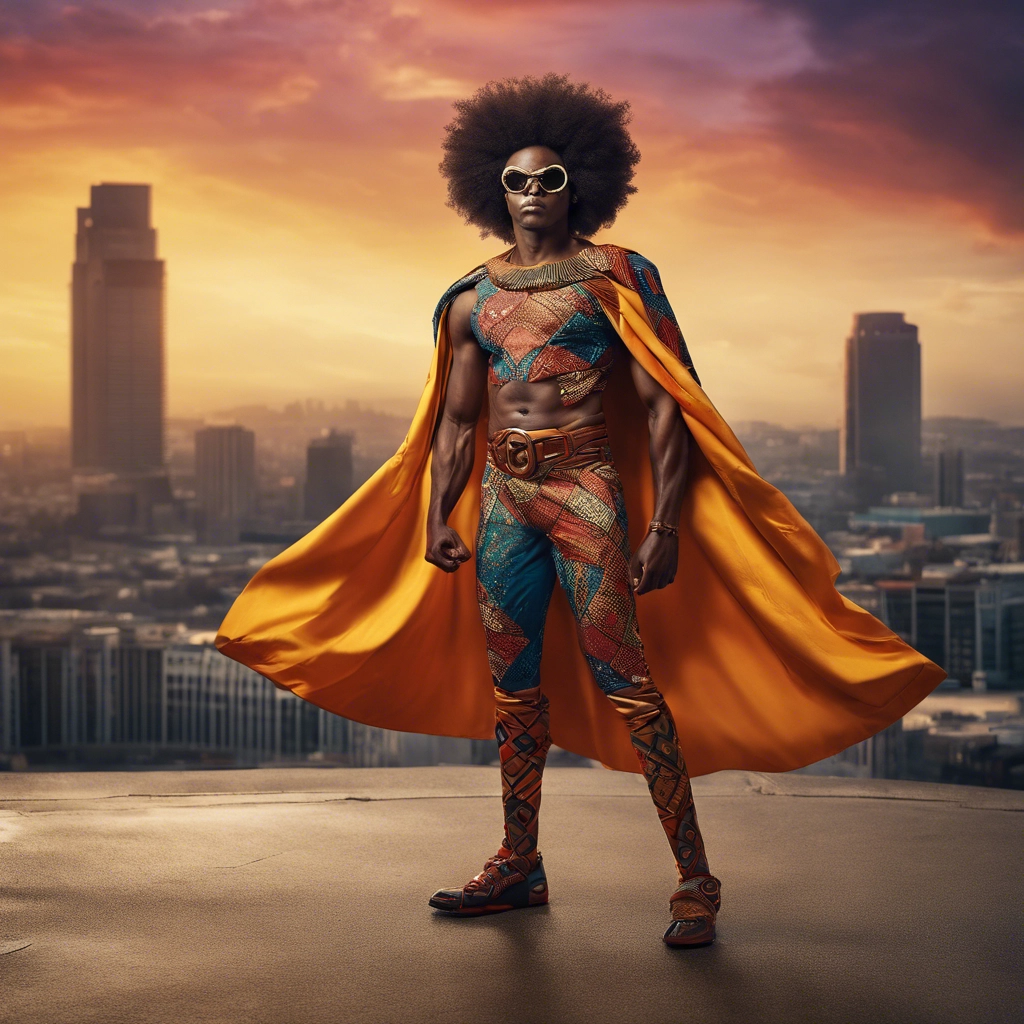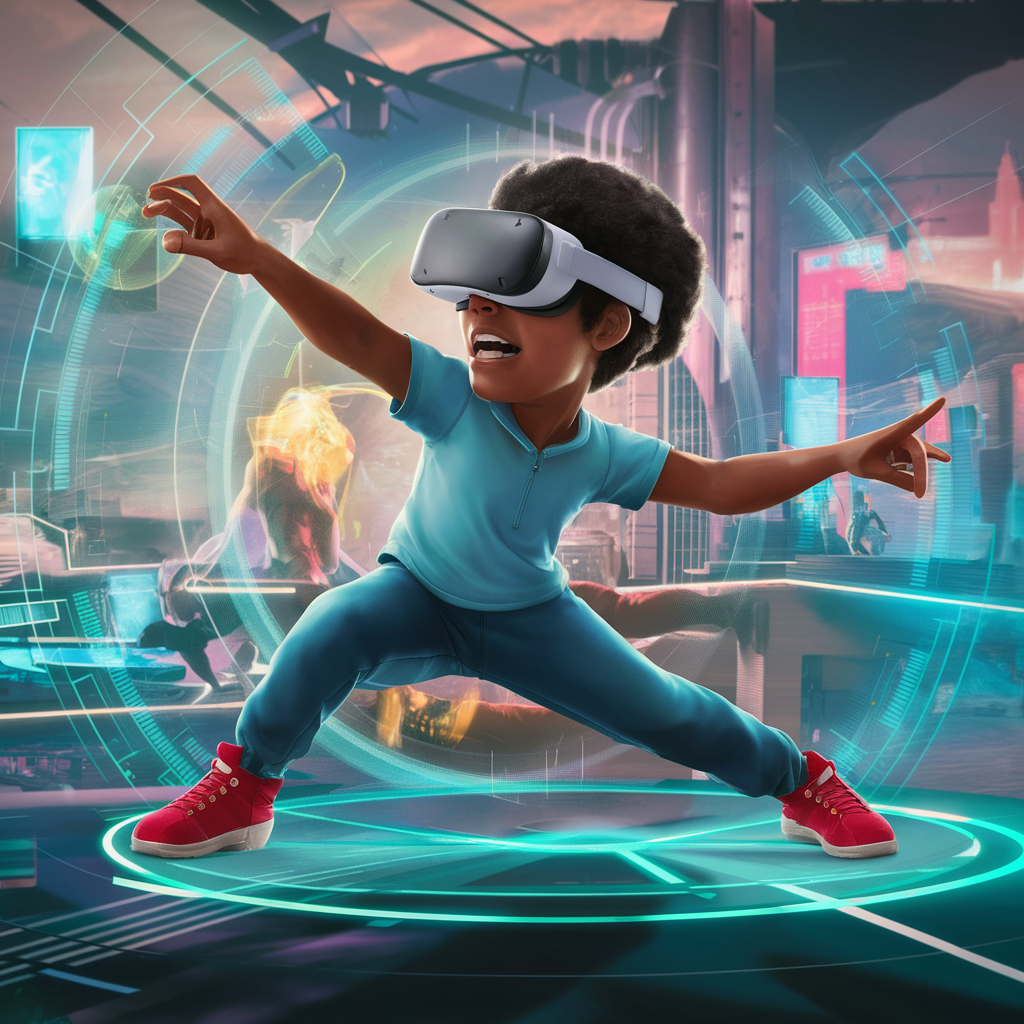Science fiction has always been a playground for imagination—a space where writers, filmmakers, and creators envision future worlds, technological advancements, and social dynamics. Yet despite its expansive possibilities, Black heroes in sci-fi remain underrepresented. While progress has been made, there are still noticeable gaps in how Black characters are portrayed and the roles they occupy in these narratives.
The Current State of Black Representation in Sci-Fi
In recent years, Black actors and characters have gained more visibility in sci-fi films, TV series, and literature. Iconic performances by actors like John Boyega (Star Wars), Sonequa Martin-Green (Star Trek: Discovery), and Letitia Wright (Black Panther) have highlighted the potential of Black protagonists in futuristic stories.
However, the journey toward full representation is far from complete. Too often, Black characters are relegated to side roles or stereotypical tropes, such as the wise mentor, comic relief, or sacrificial figure.
What’s Missing?
- Fully Realized Protagonists
- Black characters are frequently depicted as secondary figures, supporting white leads rather than driving the story themselves. There’s a need for complex, nuanced Black heroes who face challenges beyond just racial conflict.
- Exploration of Black Culture in Futuristic Settings
- Afrofuturism has made strides in blending Black culture with sci-fi elements, but mainstream media often overlooks these rich narratives. More stories should explore how Black cultural identity might evolve in advanced societies or interstellar settings.
- Diverse Story Arcs
- Black sci-fi heroes deserve a broader range of storylines—ones that include love, adventure, personal triumphs, and moral dilemmas rather than solely focusing on struggle or survival.
- Black Women as Sci-Fi Leaders
- Although characters like Sonequa Martin-Green in Star Trek have made strides, Black women remain underrepresented as central figures leading galactic missions or scientific revolutions.
- Innovative Worldbuilding by Black Creators
- While traditional sci-fi worlds often borrow heavily from Western or Eurocentric visions, Black creators have the unique opportunity to craft imaginative settings inspired by African, Caribbean, and diasporic cultures.
The Future of Black Heroes in Sci-Fi
- Indie and Afrofuturist Creators Leading the Way
Independent creators and writers within the Afrofuturism movement are pushing boundaries with imaginative storytelling. Works by authors like N.K. Jemisin, Nnedi Okorafor, and filmmakers such as Wanuri Kahiu (Pumzi) are paving the path forward. - Collaborative Efforts in Entertainment
Diverse writer’s rooms and inclusive production teams are essential for creating authentic and impactful Black sci-fi heroes. - The Power of Fans and Communities
The demand for better representation is growing louder, with fan communities advocating for more inclusive storytelling. Supporting Black creatives and highlighting their work is crucial for sustained progress.
Creating Black heroes in sci-fi requires intentionality and creativity. By breaking free from stereotypes, exploring new cultural narratives, and centering Black voices, the future of sci-fi can become as limitless as its imaginative possibilities. The heroes of tomorrow are waiting to be written, and it’s time they looked like everyone, including us.


